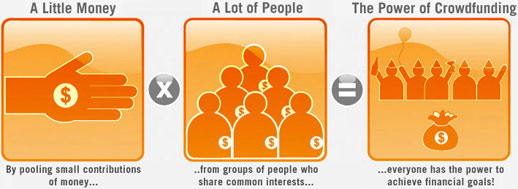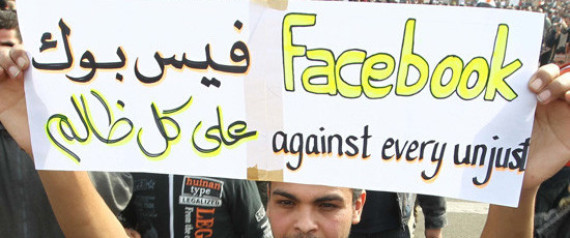I'm not sure what she was expecting, but no one was too pleased with her. Everyone got really upset, and many videos were posted, taking jabs at her. Hateful and distasteful comments were thrown her way. Even videos were posted up making fun of her. And in song too. And yes, perhaps I may have sorta-kinda felt amused with these response videos, but it got be wondering -where do you draw the line?
Since I was young, my Mom has always told me "two wrongs don't make a right". Are people hypocrites for saying rude things about her, just like she did about their ethnicity? When I heard that she left UCLA, I actually felt bad for her. Like another youtuber said, she was just ignorant. Yes, she said some very racist things. But that does not justify the things that people have said about her.
At the end of the day, I really hope she takes this as a learning experience, and that people would get off her back about it. Watching the video, I don't think she was trying to be offensive. A few cheap shots at failed humor, but hey! Happens to the best of us!
Since I was young, my Mom has always told me "two wrongs don't make a right". Are people hypocrites for saying rude things about her, just like she did about their ethnicity? When I heard that she left UCLA, I actually felt bad for her. Like another youtuber said, she was just ignorant. Yes, she said some very racist things. But that does not justify the things that people have said about her.
At the end of the day, I really hope she takes this as a learning experience, and that people would get off her back about it. Watching the video, I don't think she was trying to be offensive. A few cheap shots at failed humor, but hey! Happens to the best of us!


